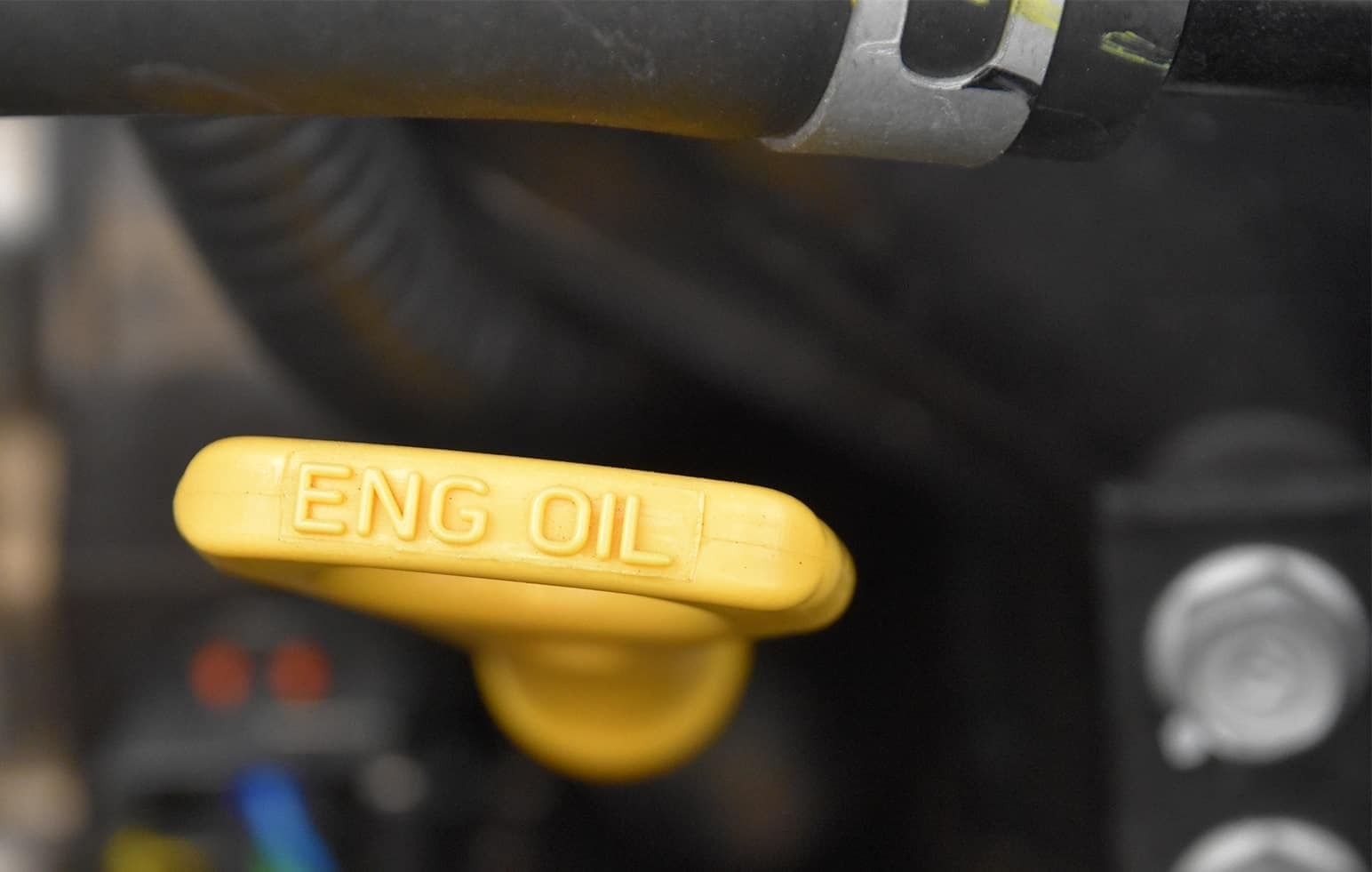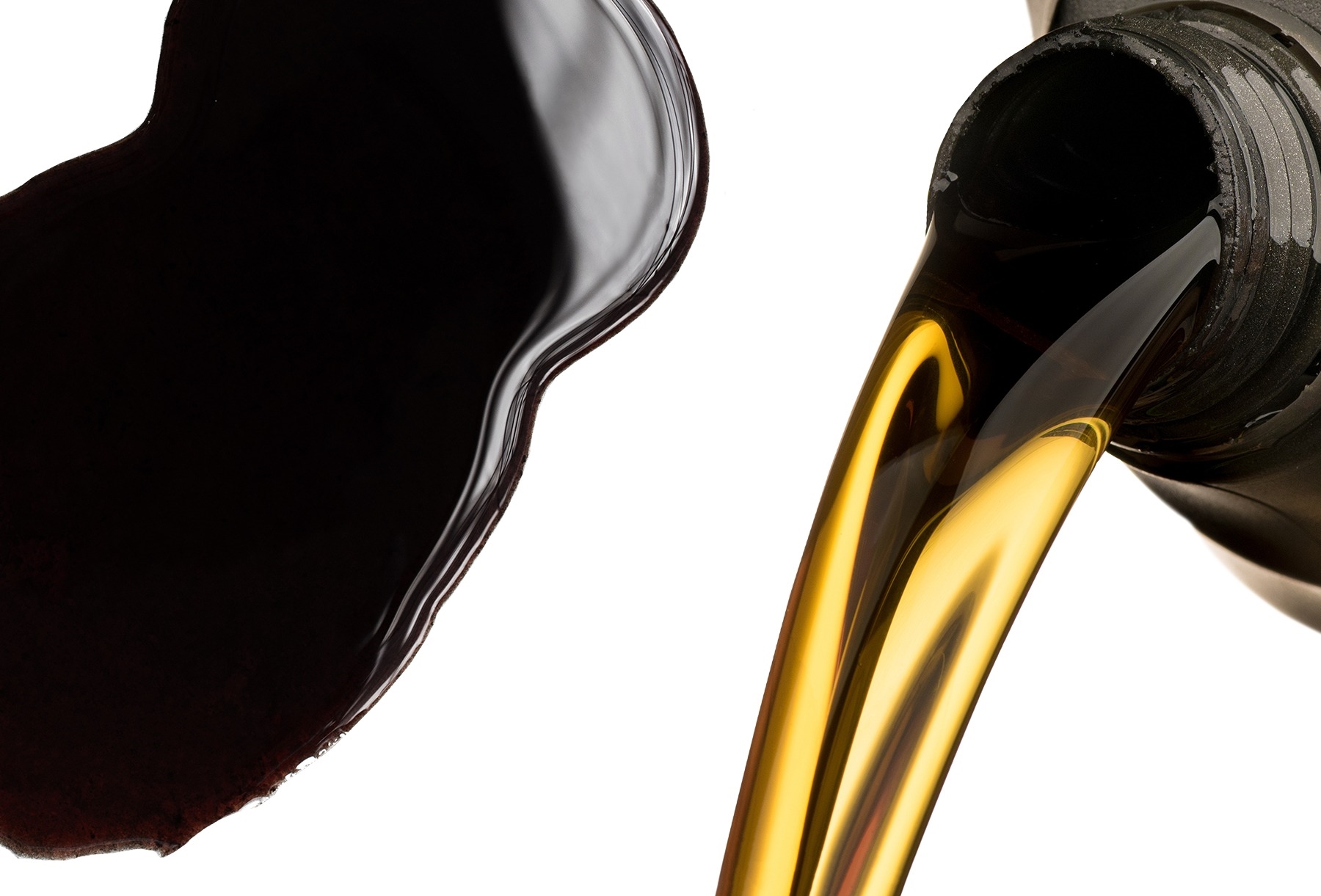OIL CHANGES BY THE EXPERTS
Don’t ignore that oil change light – it’s important. Seriously.
Why Oil Changes are Important
One of the most simple, effective, and inexpensive ways to help protect the life of your car – especially its engine – is to change both your oil and oil filter on a regular basis.
Oil is absolutely essential to your engine. It lubricates moving parts, lessens wear, forms a seal between the pistons, rings and cylinder walls, all while helping to cool engine parts. It also keeps grit, sand, and other tiny particles from scratching tightly-fitted components.
Ultimately, an oil change is much more than the inconvenience many people think of it as; it’s preventative maintenance that’s incredibly important when it comes to keeping your vehicle running correctly.

WHEN SHOULD I GET MY OIL CHANGED?
Get your oil checked if:
- Dark and dirty oil
- Clean oil is amber in color – almost like honey. After it’s been in use for a while, oil darkens from all the dirt, grit and other particles it collects from inside the engine. There’s no way of knowing what your oil looks like without actually seeing it, so we recommend removing your dipstick and checking your oil’s coloration around once a month.
- Loud engine noise and knocking
- Clean oil provides lubrication between engine parts, protects against metal-on-metal contact, and keeps things quiet under your hood while you’re driving. Once the oil starts to get dirty and break down, however, it doesn’t lubricate as effectively – and you’ll hear it.
- Oil change/check engine light
- If the oil change light on your dashboard is illuminated, it means there’s not enough oil in the system – so if you see it, change your oil as soon as possible. In more serious situations, your check engine light will illuminate, indicating your engine is at high risk of damage due to lack of fluid or damaged parts.
Other reasons to change your oil:
- Putting Away/Removing your vehicle from seasonal storage
- If you’re storing your vehicle for longer than 30 days, it’s recommended that you change your oil beforehand – used oil has contaminates that could damage your engine. Conversely, if your car has been sitting in storage for an extended length of time, you’ll want to change the oil and filter before firing up the engine again.
- Loud engine noise and knocking
- Clean oil provides lubrication between engine parts, protects against metal-on-metal contact, and keeps things quiet under your hood while you’re driving. Once the oil starts to get dirty and break down, however, it doesn’t lubricate as effectively – and you’ll hear it.
- An extreme shift in outside temperature
- In places like Minnesota and Wisconsin, a large shift in temperature can have an impact on your engine’s performance and cold-start operating conditions. Fresh oil can help to mitigate these issues.
OIL: OLD VS. NEW

QUESTIONS? MORRIE’S HAS THE ANSWERS
- Improved Lubrication
- Maintains Viscosity at higher temperatures
- More Durable
- Fewer Deposits (Less Sludge)